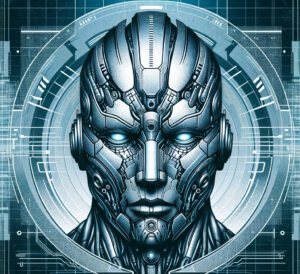Science fiction has long been a platform for exploring complex ethical dilemmas, using speculative settings to challenge our understanding of morality, agency, and the consequences of technological advancement. From the dystopian worlds of Orwell and Huxley to the complex narratives of Ursula K. Le Guin and Philip K. Dick, science fiction offers a unique lens through which we can examine the ethical challenges we might face in the future, as well as those we are already grappling with today.
Ethical Themes in Science Fiction
Science fiction frequently addresses the ethical implications of technological advancements. For example, the Cyberpunk genre critiques the pervasive influence of technology and corporate power, reflecting concerns about surveillance, data privacy, and the erosion of human autonomy. Similarly, stories like *The Handmaid’s Tale* by Margaret Atwood explore the ethical consequences of extreme ideological regimes and the loss of individual freedoms.
Moreover, the works of authors like Octavia Butler and Kim Stanley Robinson delve into issues of economic disparity, systemic oppression, and environmental sustainability. These narratives not only entertain but also serve as cautionary tales, warning us of the potential consequences of our current societal and technological trajectories.
Real-World Implications
The ethical dilemmas presented in science fiction often mirror those in the real world, providing valuable insights into contemporary issues. For instance, the concept of moral agency in science fiction challenges traditional notions of moral status, particularly when it comes to non-human entities like AI and aliens. This is exemplified in Orson Scott Card’s *Speaker for the Dead*, where the moral status of an alien species forces humanity to confront its own ethical shortcomings.
Conclusion
Science fiction continues to be a powerful tool for exploring ethical dilemmas, offering lessons that are increasingly relevant as we advance technologically. By reflecting on the moral challenges presented in these narratives, we can better prepare for the ethical decisions we will face in the future.
